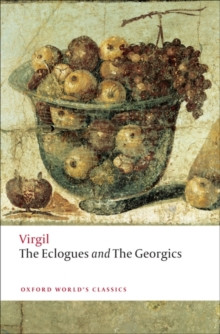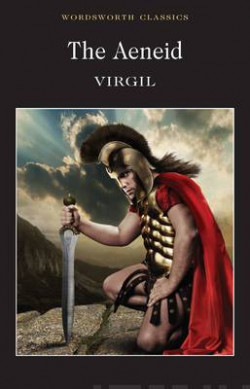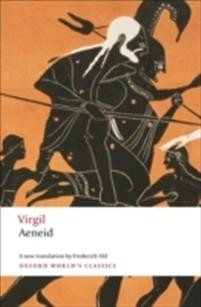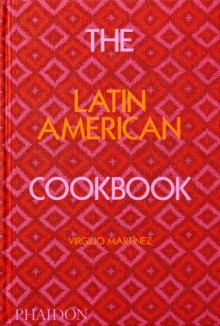
The Eclogues and The Georgics
Virgil
The Eclogues, ten short pastoral poems, were composed between approximately 42 and 39 BC, during the time of the ’Second’ Triumvirate of Lepidus, Anthony, and Octavian. In them Virgil subtly blended an idealized Arcadia with contemporary history. To his Greek model - the Idylls of Theocritus - he added a strong element of Italian realism: places and people, real or disguised, and contemporary events are introduced.
The Eclogues displayall Virgil’s art and charm and are among his most delightful achievements. Between approximately 39 and 29 BC, years of civil strife between Antony, and Octavian, Virgil was engaged upon the Georgics. Part agricultural manual, full of observations of animals and nature, they deal with the farmer’s life and give it powerful allegorical meaning.
These four books contain some of Virgil’s finest descriptive writing and are generally held to be his greatest and most entertaining work, and C. Day Lewis’s lyrical translations are classics in their own right. ABOUT THE SERIES: For over 100 years Oxford World’s Classics has made available the widest range of literature from around the globe.
Each affordable volume reflects Oxford’s commitment to scholarship, providing the most accurate text plus a wealth of other valuable features, including expert introductions by leading authorities, helpful notes to clarify the text, up-to-date bibliographies for further study, and much more.
Kustantaja: UKBooks
Sidosasu: Pehmeäkantinen
ean: 9780199554096
Ilmestymisvuosi: 1983
Tekijän muu tuotanto:
NOPEA TOIMITUS
Tuotteet toimitetaan yleensä muutamassa arkipäivässä. Lue tarkemmat tiedot tilausohjeista.
Saatavuus RB-kaupoista
| Rosebud Sivullinen | 0 | |
| Rosebud Citycenter | 0 | |
| Rosebud Kaivopiha | 0 | |
| Rosebud Tiedekulma | 0 | |
| Rosebud Maria | 0 | |
| Rosebud Kuopio | 0 | |
| Keskusvarasto | 0 | |
| Tilattavissa verkosta | ||
| Hinnat ovat voimassa verkkokaupassa, myymälän hinta voi poiketa tässä näkyvästä. Saldoissa saattaa olla poikkeamia, tarkista saatavuus myymälästä. | ||




